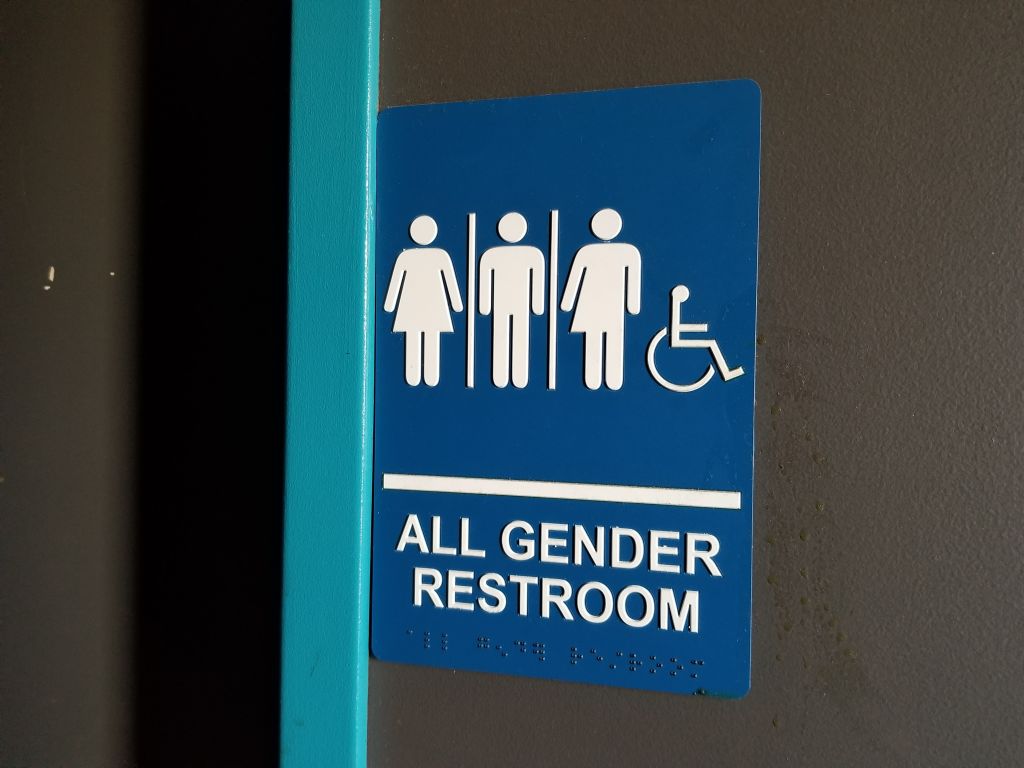Judge Ketanji Brown Jackson is receiving criticism for declining to provide a definition for the word “woman” during her Supreme Court confirmation hearing, but scientists argue her answer is “commendable,” according to an article in USA Today.
An article published by USA Today on Thursday states, “Scientists, gender law scholars and philosophers of biology said Jackson’s response was commendable, though perhaps misleading. It’s useful, they say, that Jackson suggested science could help answer Blackburn’s question, but they note that a competent biologist would not be able to offer a definitive answer either.”
“Scientists agree there is no sufficient way to clearly define what makes someone a woman, and with billions of women on the planet, there is much variation,” it added.
"Justices sometimes have to make determinations about who is meant by 'man' or 'woman' … and they may have to acknowledge the reality that sex and gender are not binary. I think Blackburn would prefer a world in which reality was much simpler." https://t.co/zqxpALqMCm
— Alia Dastagir (@alia_e) March 24, 2022
Rebecca Jordan-Young, a scientist and gender studies scholar at Barnard College, told the paper, “I don’t want to see this question punted to biology as if science can offer a simple, definitive answer.”
“The rest of her answer was more interesting and important. She said ‘as a judge, what I do is I address disputes. If there’s a dispute about a definition, people make arguments, and I look at the law, and I decide.’ In other words, she said context matters – which is true in both biology and society. I think that’s a pretty good answer for a judge,” she continued.
Jordan-Young added, “There isn’t one single ‘biological’ answer to the definition of a woman. There’s not even a singular biological answer to the question of ‘what is a female.”
The story went on:
“There are at least six different biological markers of ‘sex’ in the body: genitals, chromosomes, gonads, internal reproductive structures, hormone ratios and secondary sex characteristics. None of the six is strictly dichotomous.”
Additionally, the article insists that “the category of woman has long been politically contested,” because “the longstanding view of white supremacy denied recognition as women to Black women and women of color.”
Kate Mason, a gender studies professor at Wheaton College, told USA Today, “I do think that judges and justices sometimes have to make determinations about who is meant by ‘man’ or ‘woman’ in written statutes – and they may have to acknowledge the reality that sex and gender are not binary.”
The story comes after Jackson was asked during her confirmation hearing if she could provide a definition of the word “woman.”
“Not in this context, I’m not a biologist,” Jackson responded.
She explained, “In my work as a judge, what I do is I address disputes. If there’s a dispute about a definition, people make arguments, and I look at the law, and I decide.”
Jackson received criticism for her response on social media.

























 Continue with Google
Continue with Google